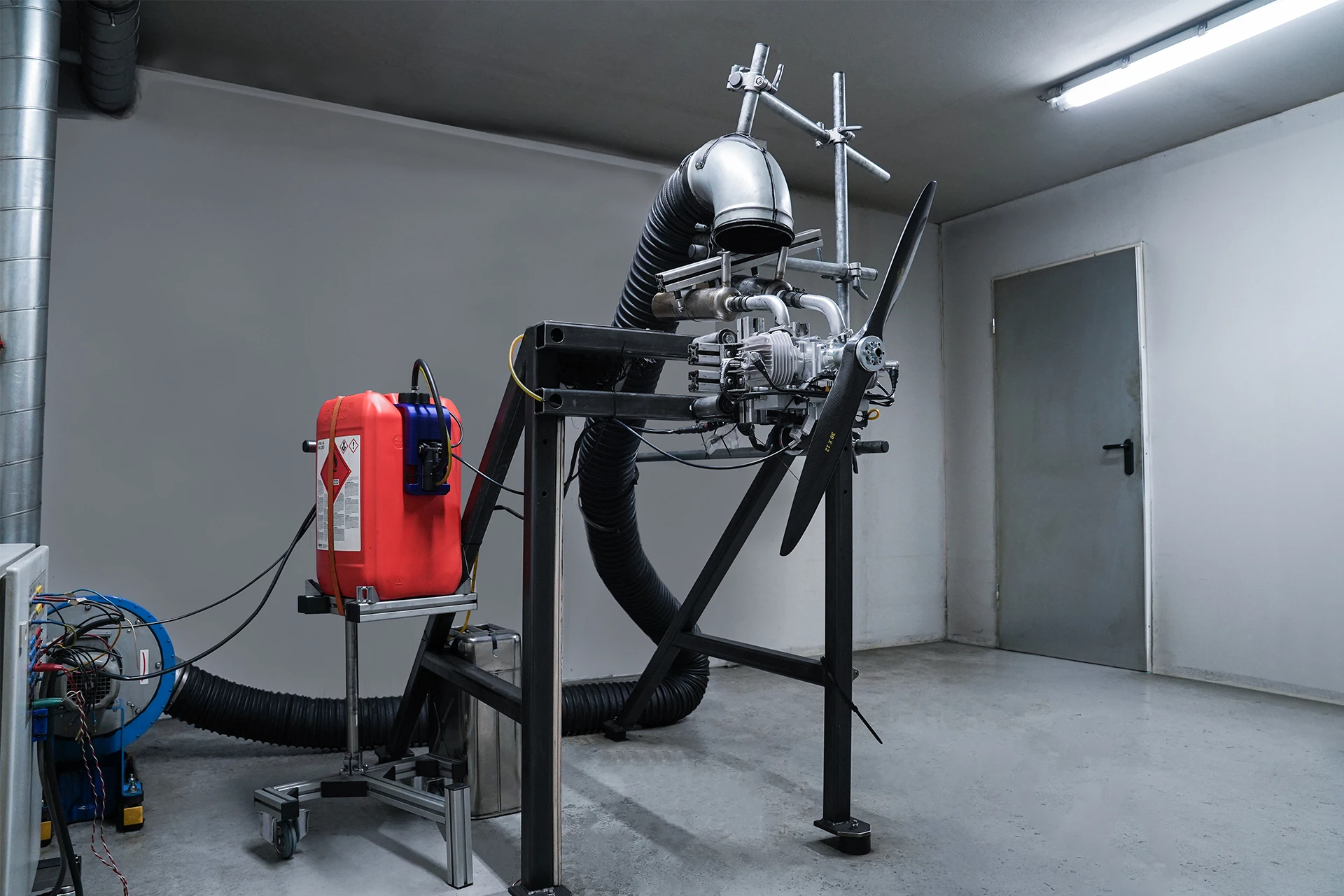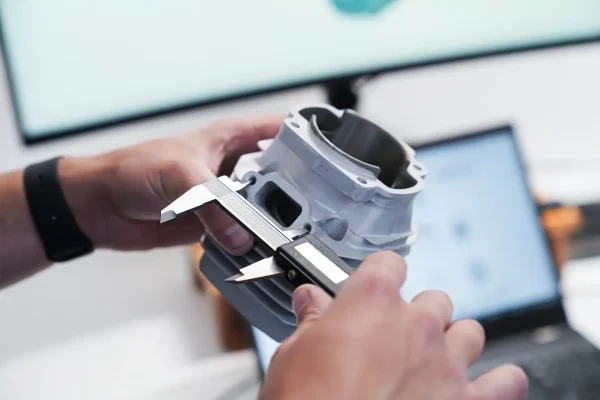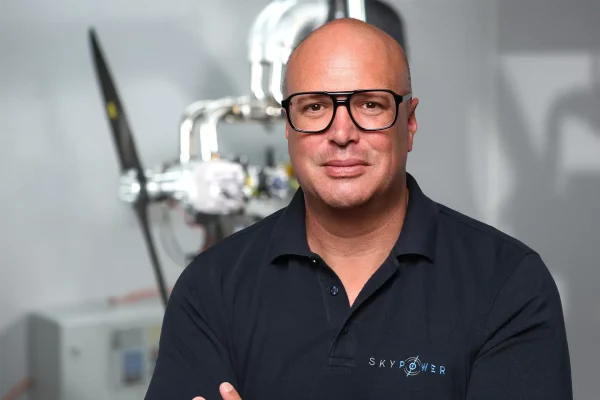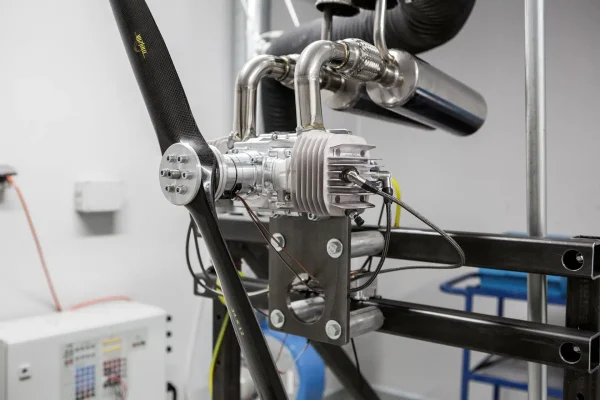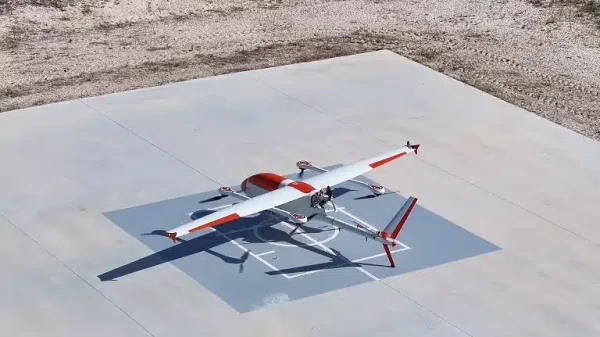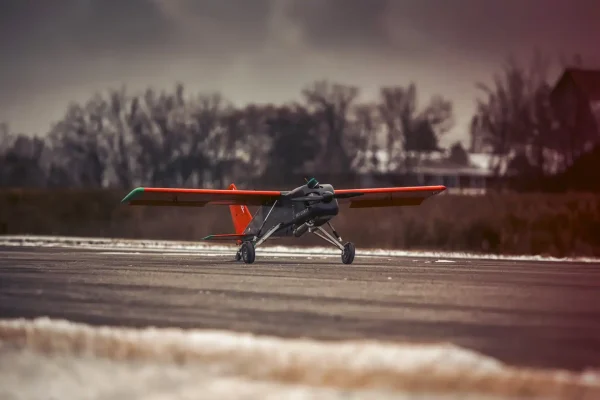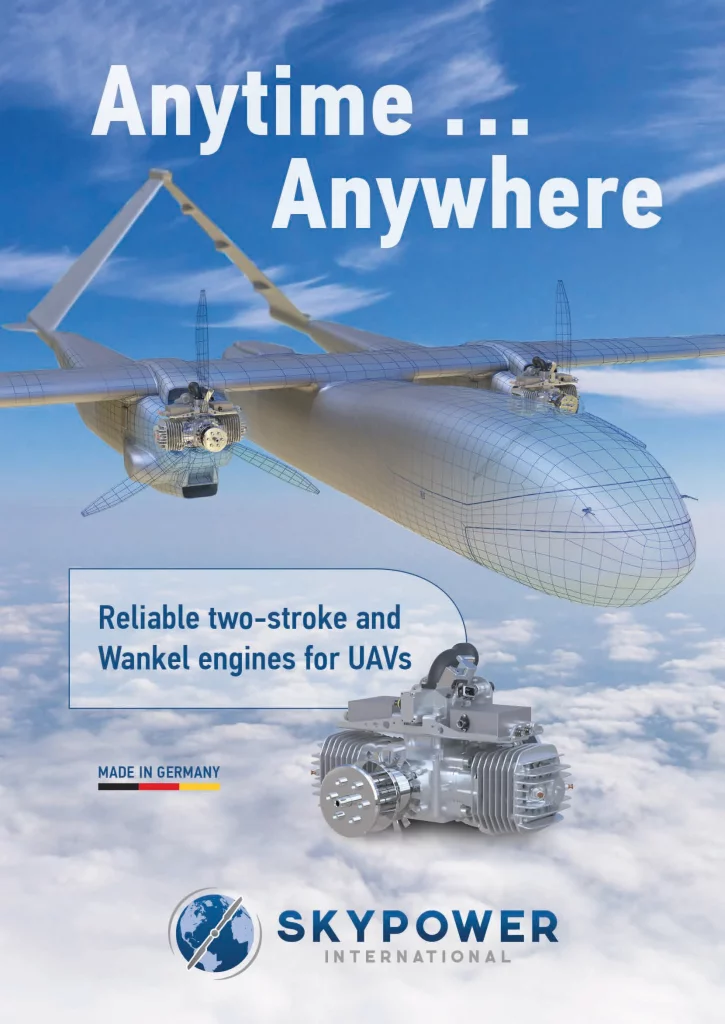The reliability of propulsion systems in unmanned aerial vehicles (UAVs) is critical, as the engines are among the most safety-relevant components. Manufacturers must therefore test their products under realistic load conditions. Sky Power subjected the SP-170 FI TS GEN to extensive FAR33 endurance testing, successfully demonstrating the engines’s high resilience.
The test was conducted on the company’s in-house engine test bench. The engine operated under defined temperature and load cycles designed to simulate typical flight conditions. Throughout the entire test period, specialists continuously monitored all key parameters, including engine speed, telemetry data, fuel consumption, and environmental conditions. After a break-in phase of approximately 30 to 40 hours, the SP-170 FI TS GEN completed the full 150-hour endurance run without any issues. The data collected not only confirms the engine’s airworthiness in accordance with FAA standards, but also provides valuable insights into maintenance intervals, operating costs, and long-term performance.
The SP-170 FI TS GEN is a two-stroke boxer engine with a displacement of 170 cc, designed for UAV systems with a take-off weight between 55 and 85 kilograms. Like all two-cylinder models from Sky Power, it is built on a proven architecture that combines high power density with durability and ease of maintenance. The engine has already demonstrated its reliability in a variety of operating environments, ranging from maritime conditions to desert missions.
The test plan involved daily run times of around eight hours until the total 150-hour duration was achieved. After each test day, the engine underwent visual and functional checks using a standardized checklist to immediately identify and address any deviations. Upon completion of the test series, a detailed final inspection of all components confirmed the engine’s flawless condition.
In addition to the SP-170 FI TS GEN, the single-cylinder SP-55 TS and the two-cylinder SP-110 FI TS GEN and SP-210 FI TS GEN engines also successfully passed a FAR33 endurance test.


